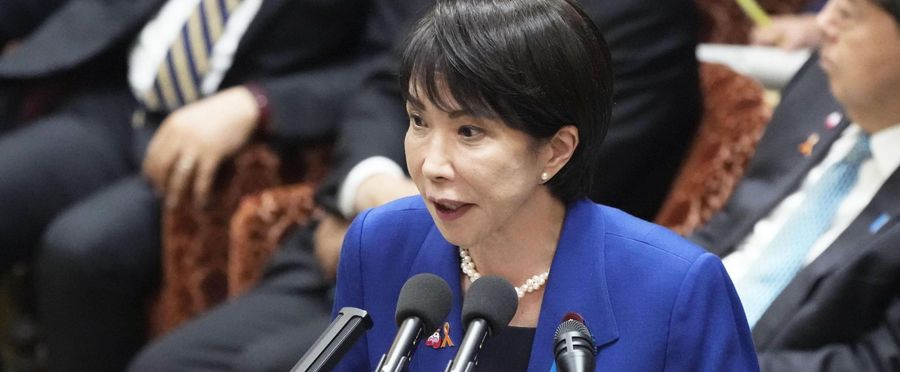The Japanese government is grappling with easing tensions with China, a task proving to be quite challenging. The tension, which has a noteworthy impact on the geopolitical dynamics in East Asia, is grounded in various factors, including territorial disputes, different political systems, and historical grievances. While the government is actively seeking diplomacy to alleviate friction, the path forward remains fraught with uncertainties.
This issue resonates deeply within Japan, given its geopolitical implications and history with China. The public is divided, with many expressing concern about China's increasing influence, while others stress the importance of diplomatic relations for regional stability and economic benefits. High-level political discussions and public opinion concerning China heavily influence the identity and values of Japanese foreign policy.
In the US and EU, apprehensions towards China also exist, drawn from economic and ideological competitions or concerns about human rights. However, the US and EU's strategy frequently revolves around alliances and leveraging economic power. The direct geographically-adjacent relationship Japan has adds another dimension of complexity not typically seen in US or EU's China-relations.

